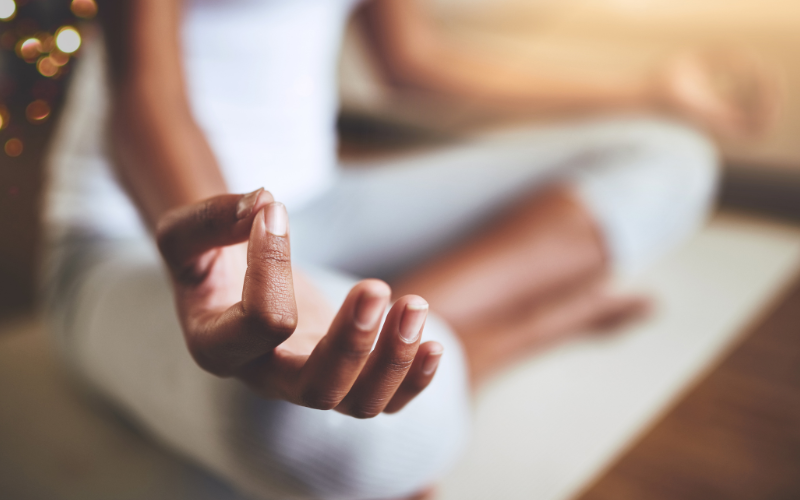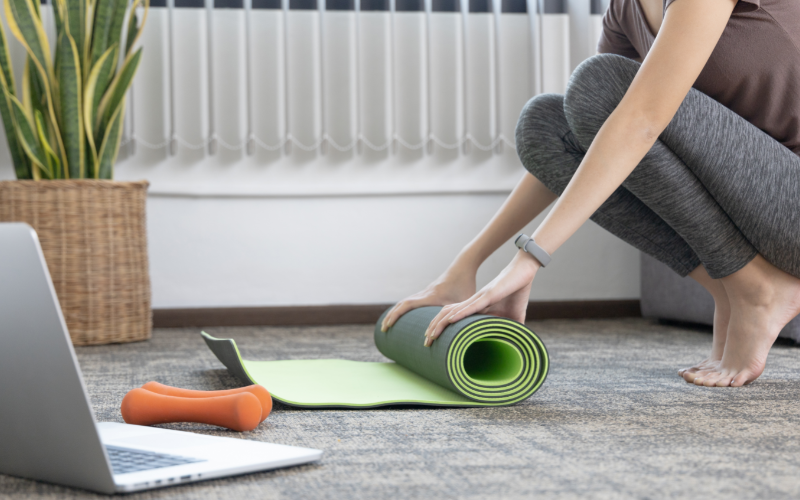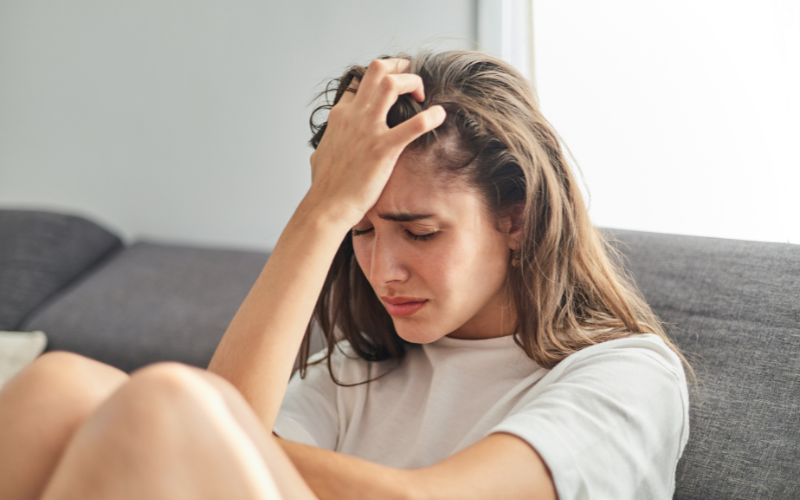Anxiety is a common mental health issue that affects millions of people worldwide. It can manifest in different forms, such as panic attacks, obsessive-compulsive disorder, phobias, and generalized anxiety disorder. Anxiety can take a toll on your mental and physical health, leading to sleep problems, difficulty concentrating, and even heart palpitations. Fortunately, there are several ways to manage and overcome anxiety, and in this article, we’ll explore 7 expert tips that can help.
1. Understand Your Triggers:
The first step to overcoming anxiety is to understand your triggers. What situations or events make you feel anxious? Is it public speaking, social situations, or uncertainty about the future? Once you identify your triggers, you can develop strategies to manage them effectively. For instance, if you get anxious before public speaking, you can practice your speech several times, use relaxation techniques such as deep breathing, and visualize yourself delivering a successful presentation.
2. Practice Mindfulness:
Mindfulness is a technique that involves focusing your attention on the present moment without judgment. It can help you calm your mind and reduce anxiety symptoms. You can practice mindfulness by engaging in activities that require your full attention, such as yoga, meditation, or deep breathing exercises. By doing so, you can develop a greater awareness of your thoughts and emotions and learn to manage them better.

3. Exercise Regularly:
Exercise is a powerful tool for managing anxiety. It releases endorphins, which are natural chemicals that can improve your mood and reduce stress levels. Regular exercise can also help you sleep better, which is essential for mental health. You don’t have to engage in strenuous exercise; even a 20-minute walk or jog can make a difference.

4. Get Enough Sleep:
Sleep is crucial for mental health, and lack of sleep can exacerbate anxiety symptoms. Make sure you get enough sleep each night by creating a bedtime routine, avoiding caffeine and electronics before bedtime, and keeping your bedroom dark and quiet. If you have trouble falling asleep, try relaxation techniques such as deep breathing or visualization.

5. Avoid Alcohol and Caffeine:
Alcohol and caffeine can increase anxiety symptoms, so it’s best to avoid or limit their consumption. Instead, opt for herbal tea, water, or other non-alcoholic, non-caffeinated beverages. If you’re finding it challenging to quit caffeine, you can gradually reduce your intake over time.

6. Seek Professional Help:
If your anxiety is severe or interfering with your daily life, it’s essential to seek professional help. A mental health professional can diagnose your condition and develop a personalized treatment plan that may include therapy, medication, or a combination of both. Don’t hesitate to reach out for help; it’s a sign of strength, not weakness.

7. Practice Self-Care:
Self-care is crucial for maintaining good mental health. It involves engaging in activities that make you feel good, such as taking a relaxing bath, reading a book, or spending time with loved ones. Make self-care a priority and incorporate it into your daily routine.

FAQs:
How long does it take to overcome anxiety?
It varies from person to person. Some people may experience relief from anxiety symptoms within weeks, while others may take months or even years.
Can anxiety be cured completely?
While there is no cure for anxiety, it can be managed effectively with the right treatment and lifestyle changes.
Is medication necessary for treating anxiety?
Not necessarily. Many people can manage their anxiety symptoms with therapy, lifestyle changes, and self-care can also help you to overcome this type of condition.
Can diet and nutrition impact anxiety levels?
Yes, a balanced diet rich in whole foods, vitamins, and minerals can help improve mood and reduce anxiety. Limiting caffeine and sugar intake may also help decrease symptoms.
How do I know when to seek professional help for anxiety?
If your anxiety is interfering with your daily life, relationships, or work, or if self-help strategies are not effective, it may be time to seek professional help.
Conclusion
Overcoming anxiety can be a challenging journey, but with the right strategies and support, it is possible to regain control and find peace in your life.
The 7 expert tips to overcome anxiety outlined in this article provide a comprehensive approach to managing and alleviating anxiety. By understanding your anxiety, developing a self-care routine, cultivating positive coping mechanisms, challenging anxious thoughts, seeking professional help, building a support network, and setting realistic goals, you can begin to take charge of your mental well-being and live a more fulfilling life.
Remember, progress takes time, and self-compassion is essential as you work towards a healthier, more balanced mindset.

